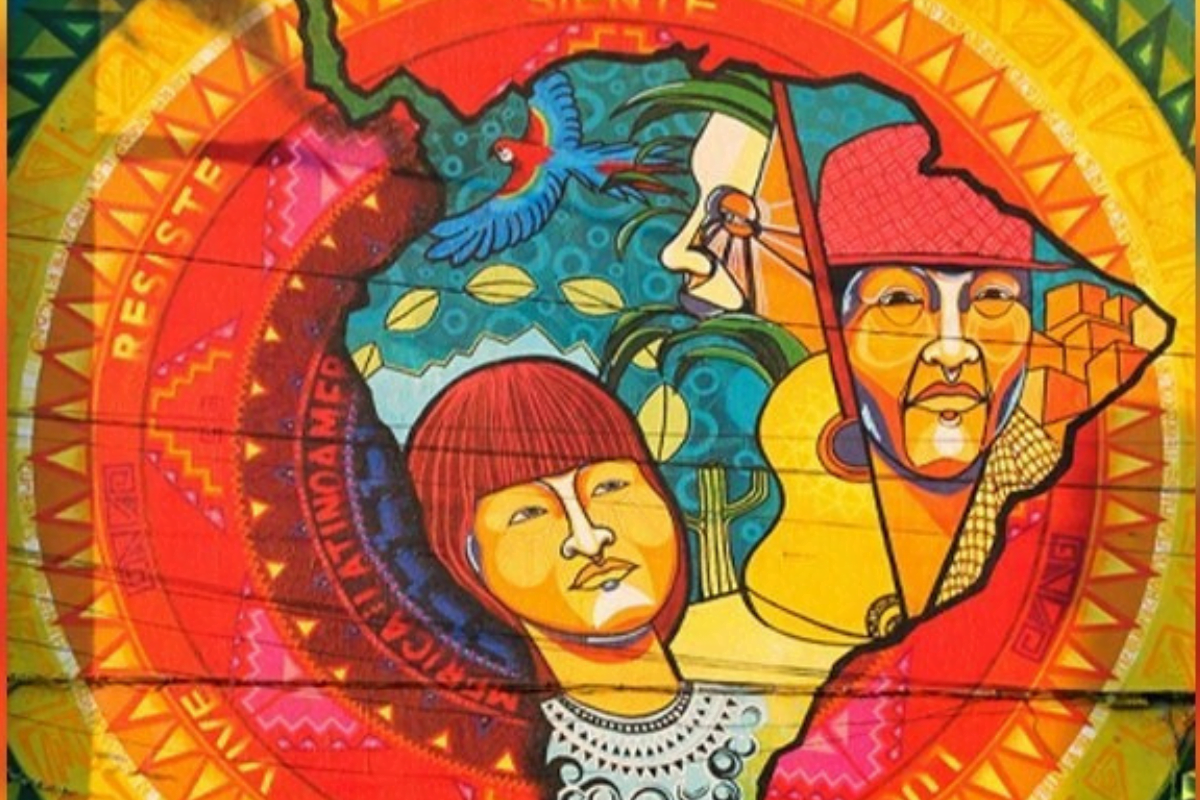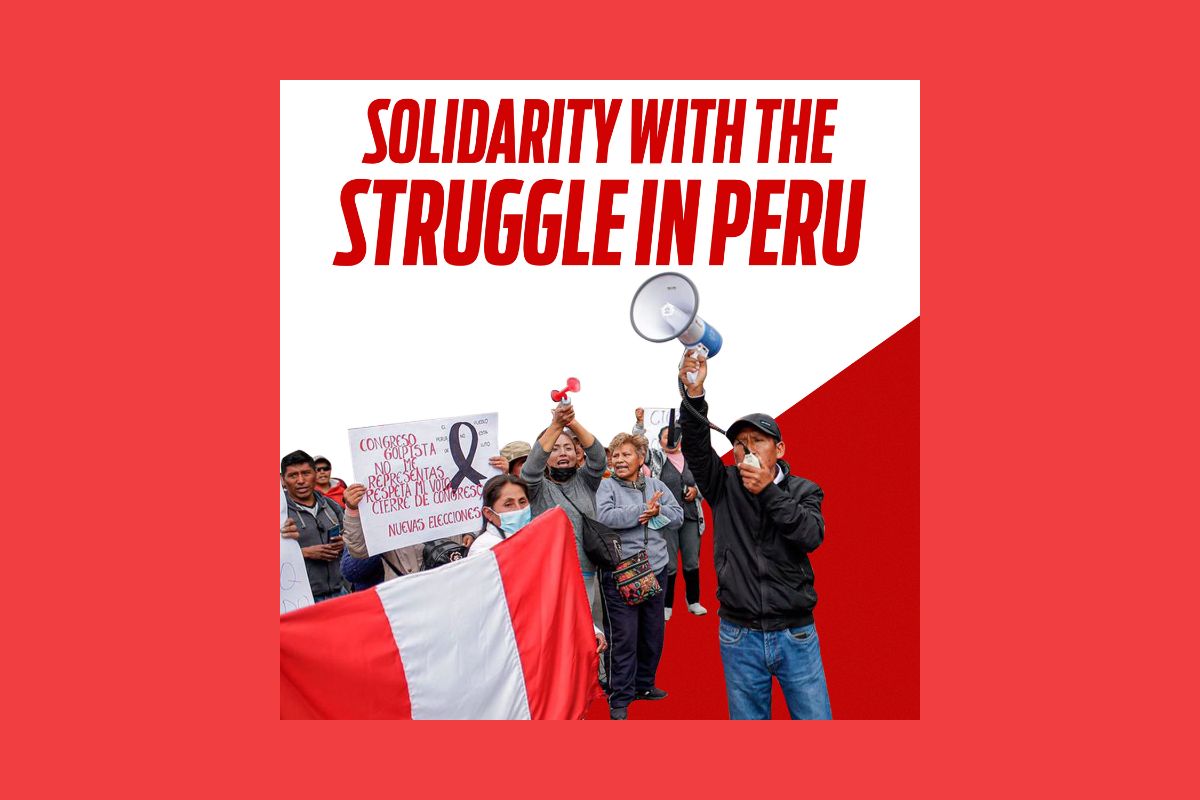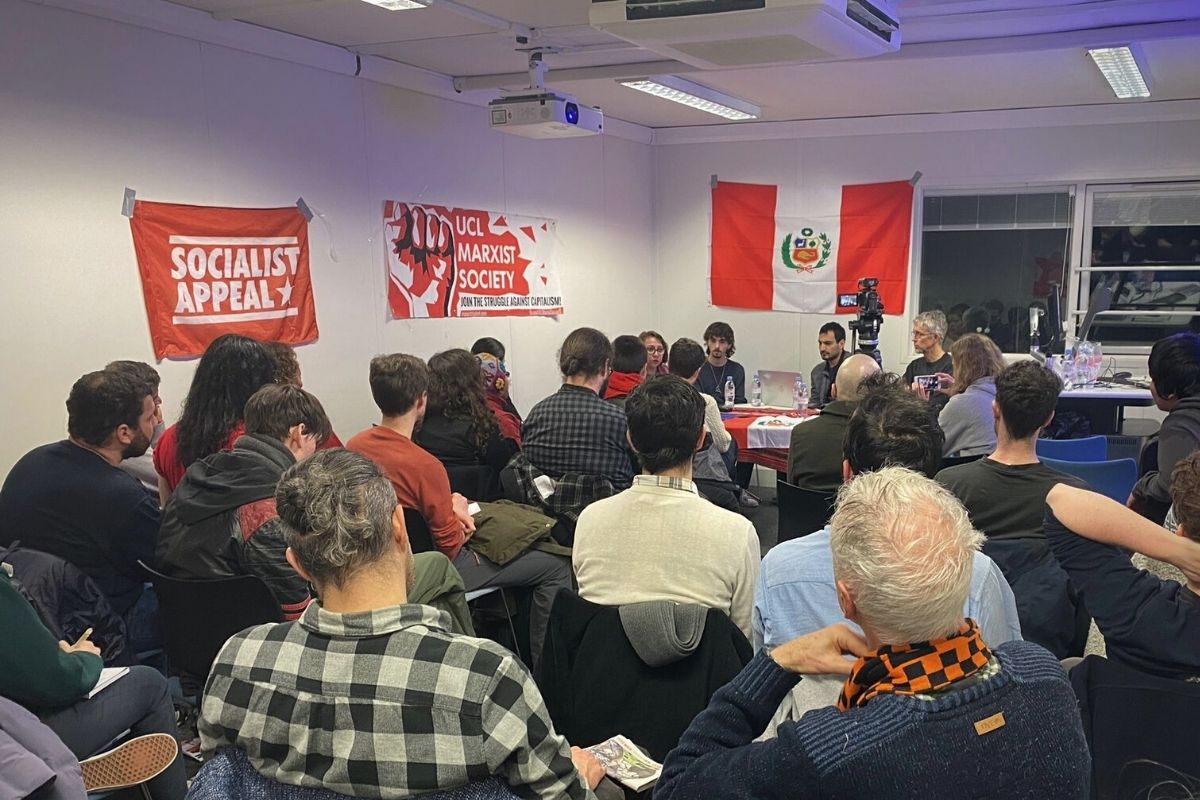On Sunday February the 12, the
long-awaited opposition primary elections took place in order to select
the candidate who will face Hugo Chavez in the presidential elections
due for October this year. Cápriles Radonski, the present governor of
Miranda state won a clear victory with 62% of the vote, compared to only
28.9% for his contender Pablo Perez, present governor of Zulia state.
On Sunday February the 12, the
long-awaited opposition primary elections took place in order to select
the candidate who will face Hugo Chavez in the presidential elections
due for October this year. Cápriles Radonski, the present governor of
Miranda state won a clear victory with 62% of the vote, compared to only
28.9% for his contender Pablo Perez, present governor of Zulia state.
It
is difficult to estimate the real voter turnout in these primaries, but
some figures indicate that around 16% of the electorate took part,
compared to the 20% of the electorate that signed the opposition
petition in the 2004 recall-referendum. Since then the Venezuelan
opposition emerged strengthened in 2010 when they won a third of the MPs
and garnered around 4 million votes, practically resulting in a
“technical draw” with the PSUV.
Who is Capriles Radonski?
Although Capriles Radonski is now promoting himself as a social-democratic candidate, who, according to The Economist,
takes a “a gradualist approach to restoring confiscated property,
undoing currency controls and abolishing unconstitutional laws”, this is
certainly more pretence than real content. During the April 2002 coup
d’état, in fact, not only was Radonski part of the illegal overthrow of
Chavez, he was also involved in the violent assault against the Cuban
embassy.
At that time he was the mayor of the Baruta, the Caracas district
where the Cuban embassy was located. He joined the fascist gangs
attacking the embassy and entered and violated diplomatic territory.
They told the Cuban ambassador to hand over alleged “political exiles”
who were supposed to be hiding there. At the same time he defended the
violence – which included destroying the cars of embassy functionaries
and cutting off electricity and water supplies – and backed this up by
saying (and this is recorded by cameras) that “the people can protest as
they wish”. [LINK VIDEO: http://www.tu.tv/videos/asalto-a-una-embajada]
Radonski was never prosecuted for any of these
crimes, although the revolutionary lawyer Danilo Anderson tried to get
his legal immunity as a mayor suspended in order to get him prosecuted.
This was unfortunately cut across in 2004, when Anderson was
assassinated by a car-bomb in Caracas and the assassins were never
found.
The reason why Radonski has now adopted a “soft” line and pretends to
be a moderate is to be found in the fact that he knows that the
counter-revolution is still not strong enough to stage an all-out
offensive. He needs to appear as a moderate in order to attract a layer
of voters who might be vacillating between the Bolivarian revolution and
the opposition, but who are repelled by the undemocratic antics of the
coup plotters of 2002.
The state of the economy
The general situation in Venezuela is very critical. It is true that
the economy has seen a recovery during the last twelve months. While
2010 saw a 1.5 per cent contraction, 2011 ended with a 4% growth in GDP.
However, this has been almost exclusively based on the high oil
revenues and not on a real development and expansion of industry. The
conflict in Libya was decisive in fuelling the price of oil which
reached a record US$101 per barrel.
Even Nelson Merentes, the president of Venezuela’s Central Bank, has
admitted that more than 1.8 percentage points of the growth was simply a
product of the huge amounts of money from oil revenues which have been
pumped into the economy in social spending. Significantly, the boom is
largely based on growth in commerce, due to bigger consumption.
Much of the state investment in infrastructure and housing has
created temporary jobs in construction. All this is the result of the
big state expenditures in an electoral year. Chavez is aiming to build
houses and finish many metro works before the elections in October. But
these measures have also triggered inflation which reached 27.6% in
2011.
However, the strike in investments and the sabotage of the economy on
the part of the capitalists continues. The Venezuelan Central Bank has
not yet released the figures for private investment for 2011, but in the
period 2008-2010 private investment in machinery, equipment and
buildings collapsed by 43%. The combined figure for public and private
investment in 2011 was 4.4%, but this masks the fact that private
investment continued to fall, while public investment was the main
driving force of the economy. The reason is clear: the capitalists are
not investing in Venezuela because they do not think their investments
are safe. On the contrary, combined with the strike of investment there
was also a massive flight of capital, to the tune of 12 billion US
dollars in 2011.
Without a real expansion of the industrial sector, it is impossible
to get sustainable growth and reduce inequality. Venezuela is extremely
dependent on the world economy and the most basic consumer goods are
still not produced in the country but are imported en masse, a
situation which has worsened, not improved since the beginning of the
Bolivarian revolution. This puts Venezuela at the mercy of the world
economy, which could seems to be heading for a double dip recession.
For a revolutionary way out
Although most opinion polls suggest that Chavez maintains widespread
support, it is also true that the bureaucracy at the top of the movement
has a tendency to undermine the movement when the battle has just
started.
For the Bolivarian masses, Chavez represents the conquests of the
revolution, in terms of the concrete advances in the fields of
healthcare, education and others, but also in terms of the political
awakening of the people, the feeling of defiance against imperialism and
the oligarchy and the moral uplifting of the masses that any genuine
revolution brings.
However, his illness has also raised the very question of the
survival of the revolution in the minds of everyone in Venezuela. The
different cliques within the state bureaucracy are manoeuvring to see
who will be the likely successor. Most workers, peasants and youth in
the rank and file cannot see any of the present government officials as
their representatives and there is a deep mistrust in them.
Decisions like the removal of Elio Sayago as the worker-director of
state owned aluminium smelter ALCAS represent a frontal assault against
the elements of workers’ control which had been introduced in the basic
industries in Guyana, a key conquest of the workers in the Bolivarian
revolution. That decision was taken just as Chavez had left the country
to undergo further treatment in Cuba.
The Bolivarian bureaucracy is playing a clear counter-revolutionary
role. At each juncture they roll back, undermine and block the
revolutionary initiative and gains of the rank and file revolutionary
activists. The risk in this is that it introduces the very dangerous
poison of scepticism, ultra-leftism and demoralisation amongst the
Bolivarian ranks and this is precisely the layer which can go out and
mobilise the masses in the electoral battle.
The surprising thing is that this scenario, in which neither the
working class nor the capitalists have been able to win a decisive
victory, has been extended for so long. This is an indication of the
high level of consciousness and fine revolutionary instinct of the
Venezuelan masses which have defeated reaction in more than one battle.
However, even this has its limits. A situation of growing inflation,
increased criminality, the continuation of the sabotage of the economy
on the part of the capitalist class which will increase as the elections
approach, the constant barrage of the mass media, etc., all of this has
its impact on the Bolivarian masses that support the revolution but do
not see it being completed and dealing a serious blow to the political
and economic power of the oligarchy.
It is impossible to predict the exact outcome of these elections.
Should Chavez win, it is likely that the enraged oppositionists – and
their shock troops among many petit-bourgeois and lumpen proletarian
elements – will launch a furious campaign against alleged electoral
fraud. On the other hand, should Radonski manage to beat a weakened
Chavez, he will face a very difficult task in dismantling all the
revolutionary conquests of the last 12 years. As we saw when the
opposition won the governorship in Miranda, any attempt on the part of
the ruling class to destroy the gains of the revolution would provoke a
counter offensive on the part of the masses.
Thus the scene is set for new decisive clashes between the revolution
and the counter-revolution, and the struggle will be decided in the
factories, army barracks and poor neighbourhoods. The workers’ movement –
which is presently discussing the proposal for a new Labour Law – must
go on the offensive and put its stamp on the campaign with revolutionary
slogans and a plan of action to strengthen and defend the elements of
workers’ control.
As Marxists we wholeheartedly support the campaign to achieve the
re-election of President Chavez, but at the same time it is our duty to
warn that unless the revolution is completed, with the overthrow of
capitalism, then, at certain point, the whole process can be reversed.
Hands Off Venezuela Public Meeting
10 years after the coup
12 April






